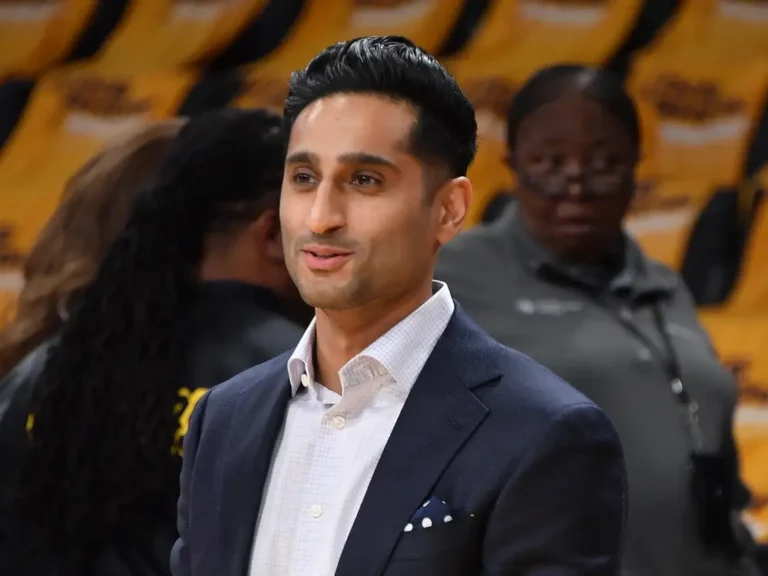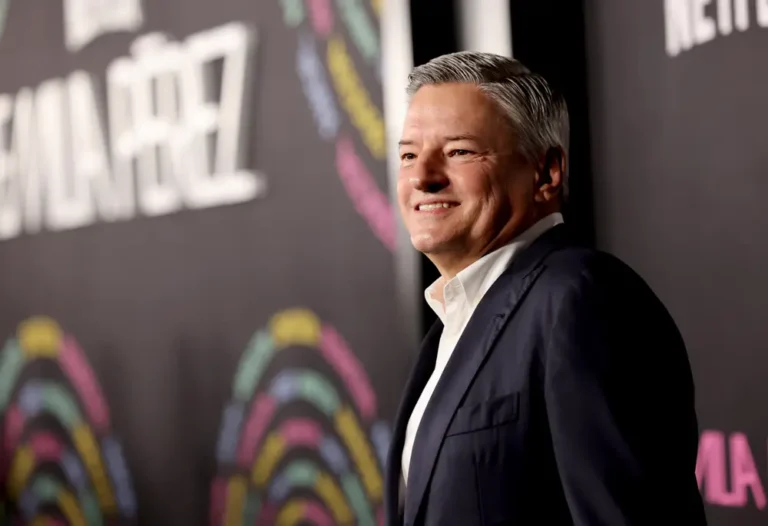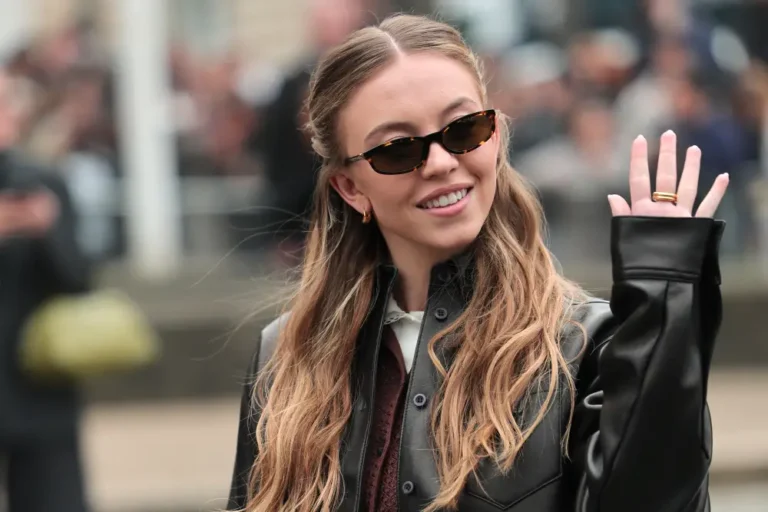Supreme Court upholds TikTok ban

TikTok CEO Shou Chew has testified before Congress.
The justices said on Friday in a unanimous decision that the law did not violate the First Amendment rights of TikTok and its creators. The law requires ByteDance to divest from TikTok in the US by January 19 or effectively stop operating in the country.
As a result, TikTok is likely to “go dark” in the US on Sunday as app stores and other business partners sever ties with the company to comply with the law.
However, the Biden administration said on Friday that it would leave it to President-elect Donald Trump to implement the law after he takes office on Monday “given the sheer fact of timing.”
TikTok may also shut down the app on its own accord in the US on Sunday, The Information and Reuters reported earlier this week.
On Tuesday, the company assured US TikTok employees that they would still have jobs even if the app were banned.
The Supreme Court’s decision was largely expected. Legal analysts told B-17 last week that the court would likely rule against TikTok in deference to Congress’ authority over national-security concerns.
There is no doubt that TikTok “offers a distinctive and expansive outlet for expression,” the court wrote in its decision, “but Congress has determined that divestiture is necessary to address its well-supported national security concerns regarding TikTok’s data collection practices and relationship with a foreign adversary.”
Addressing concerns by a group of TikTok users who petitioned to save the app, the court said the law did not regulate creators’ free speech but rather focused on a foreign adversary’s control of the app.
The law imposes “TikTok-specific prohibitions due to a foreign adversary’s control over the platform,” the court wrote.” It does not “target particular speech based upon its content” or “regulate speech based on its function or purpose.”
TikTok did not immediately respond to a request for comment on the ruling.
TikTok’s appeal arrived in the Supreme Court after it lost its legal challenge to the divest-or-ban law in the DC Circuit in December.
TikTok was a primary target of The Protecting Americans from Foreign Adversary Controlled Applications Act, which passed in April and sought to curb the influence of social platforms with foreign-adversary owners.
Having worn out its legal options, TikTok may be banking on a different path to survival: the return of President-elect Donald Trump, who will be inaugurated on Monday. TikTok’s CEO Shou Chew plans to attend the inauguration alongside other tech CEOs.
Trump pledged to try to save TikTok once in office, saying during a December 16 press conference that he had “a warm spot in my heart for TikTok.” On December 27, he filed an amicus brief to the Supreme Court, asking for a stay on TikTok’s divestment deadline so he could work out a political resolution.
“President Trump opposes banning TikTok in the United States at this juncture, and seeks the ability to resolve the issues at hand through political means once he takes office,” the brief said.
Trump wrote on Truth Social before the court ruling on Friday that he had recently spoken with China’s leader, Xi Jinping, about several topics, including TikTok.
“My decision on TikTok will be made in the not too distant future, but I must have time to review the situation,” he wrote in a post after the court ruling.
If TikTok shuts down, the effects could be felt across several industries, including the creator economy, e-commerce, book publishing, and more.
Some sellers on TikTok Shop, the app’s e-commerce arm, previously told B-17 that a TikTok shutdown could be a major blow to their businesses and the broader live shopping market.
TikTok may not be the only app under threat either.
ByteDance owns several other apps, such as the video-editing tool CapCut and Pinterest-like app Lemon8, that are also subject to the divest-or-ban law.






